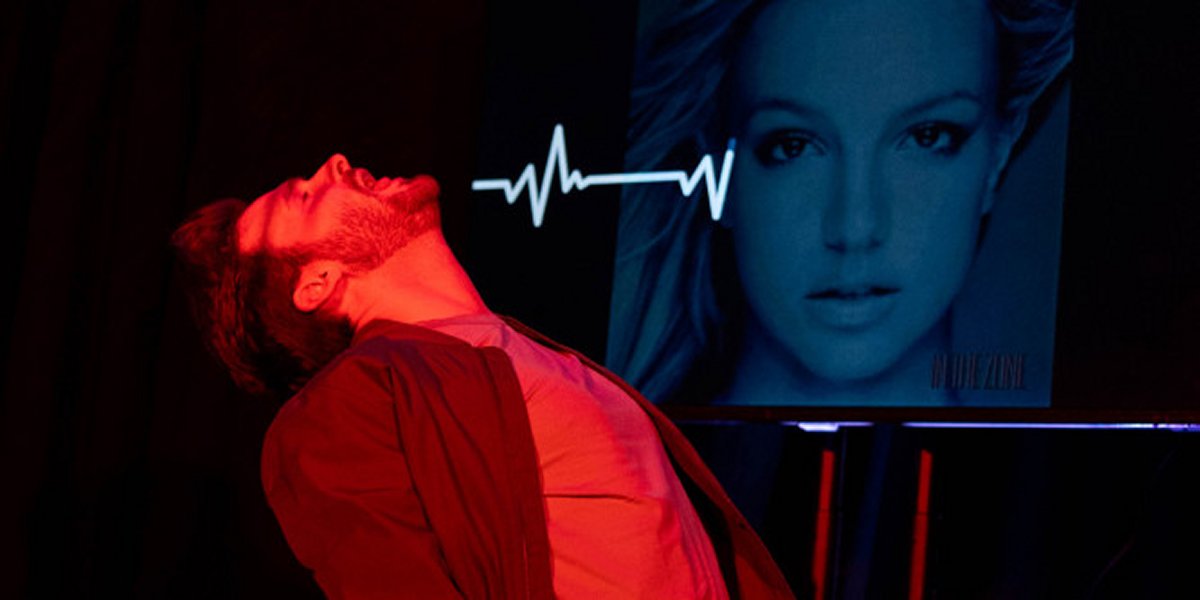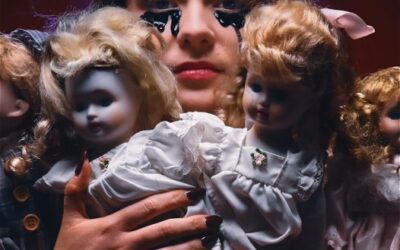By Karyn Hodgkinson
I love the bravery, insanity and sheer skill of this show. As the title of the show suggests, this work is ‘brave and bold’ indeed because one of the most ego bruising experiences is to graduate from an ‘elite’ performing arts institution, as Rintoul has, then suffer the cut and thrust – plenty of both – of the theatre industry. The cycle of preparing, auditioning and being rejected, on repeat, can be soul destroying. I speak from my own distant experience here. So I really appreciate Rintoul’s vulnerability in this piece. This experience has seemed to make him question himself. Declarations that he is ‘normal’, that he is ‘in control – not you’, that ‘we can become that turtle we were meant to be’, ‘tell me what’s inside you’, ‘if you can’t love yourself’ work alongside the hilarity, of which there is much. It is also true that this questioning and soul searching can be part of life generally, not necessarily attached to graduation from anywhere, which makes this piece all the richer. Furthermore, Rintoul is stepping out and making his own work, which is always brave indeed.
Brave and Bold is insane in its well-orchestrated ‘stream of consciousness’. Beginning with the revelation that the piano is playing by itself because he ‘disappointed’ his piano teacher by not learning the instrument well enough, is just the beginning. We are then taken on a journey of shorter and longer songs, biographical humour about his teenage self, baby hands, advertisements, auditions where ‘Rob Mills’ always gets the part, men with deep voices, stupid pickup artists on Twitter, relationships, love and court jester hats. Many of these, as well as the green turtles, reappear at salient moments in the show, becoming funny little motifs. It all builds to a harmonised musical climax, which is very satisfying.
Rintoul’s skills are obvious: this show is part musical, part stand-up comedy, part comedy sketch. His singing and acting skills are evident. His meticulous handling of props, musical instruments and the content on the screen in the centre of the stage, is impressive. In fact, the screen becomes a kind of support performer in this piece. Rintoul breaks the fourth wall by inviting snippets of commentary from the audience and asking ‘Jacinta’ the sound and lighting operator, ‘what’s next’? Jacinta, who sits within the audience space, has quite a role to play. The intimacy of this venue allows Rintoul to achieve distinct eye contact with closer members of the audience. Lastly the seamless way he transitions from one moment to the next, is outstanding.
Mention must be made here of Rintoul’s collaborators. Marlon Grunden, as composer, created excellent accompaniments to the songs and, I’m understanding, contributed to the song writing and the sound in the show. Jacinta Anderson’s handling of the technical load, including sound, lighting and her speaking part, supported the work beautifully.
The only thing that irked, I agree, were the references to Rintoul’s need for coffee. His insistence that he was not addicted to it and that things go very pear-shaped without it by a certain time in the morning, is well-worn territory and somewhat clichéd. Besides, incredibly, I don’t like the stuff. This aside, I hope Douglas Rintoul continues to celebrate the fact that he’s never ‘gonna fit their normal’.
This is a very funny, invigorating performance which caused me to laugh out loud. In the words of the audience member beside me, it was ‘so good!’.





